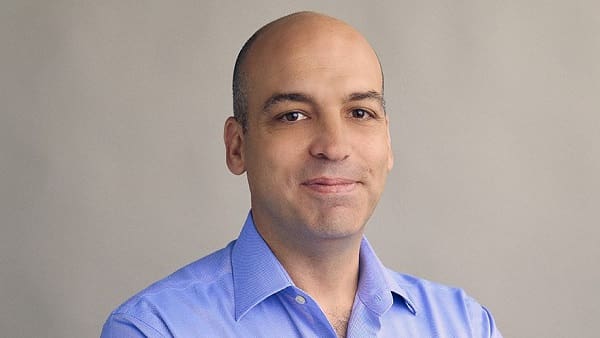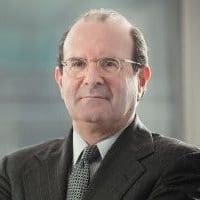
Scene Health, a Johns Hopkins-incubated startup, has received a $1.67 million grant to help medication adherence among children needing heart transplants in Florida.
The Brooklandville, Md. company — previously known as emocha — will use the grant to run its flagship Directly Observed Therapy to improve medication adherence, potentially reducing frequency of organ rejection. The grant for the two-year program comes jointly from the National Institutes of Health, National Heart Lung and Blood Institute, and Small Business Innovation Research.
Proven Efficacy
The program will be led by Dr. Dipankar Gupta, pediatric transplant physician at the University of Florida’s Congenital Heart Center, and Dr. Michael Killian, a College of Social Work faculty member at Florida State University. The grant builds on a 12-week pilot study, which found that Scene Health’s video-based Directly Observed Therapy raised medication adherence to 90.1% among adolescent heart transplant patients.
“This NIH grant will allow Scene Health to expand our efforts to support medication adherence in one of the highest-risk patient populations,” said Scene Health co-founder and CEO Sebastian Seiguer, who worked for the Johns Hopkins Tech Transfer Analyst program. “Our video medication adherence platform uses a format young people are accustomed to — video engagement — to empower them to take control of their health, and our clinical pilot study showed it makes a real difference in their outcomes.”
Scene Health was spun out of Johns Hopkins in 2015 by Seiguer, Dr. Bob Bollinger and other medical experts to help medication adherence. It has so far raised $18.7 million in grants and equity investments from backers such as Hampstead, Md.-based TCP Venture Partners, Nashville, Tenn.-based Claritas Health Ventures and Kapor Capital, a social impact fund based in Oakland, Calif. TCP and Claritas invested in Scene Health’s $6.2 million Series A in 2021.
Video Is Key
Directly Observed Therapy, with video and in-person versions, is Scene Health’s flagship program. The company also has developed a mobile app that helps patients to connect with their care team. Its programs were tested in rural Uganda, and have since won the endorsement of the Centers for Disease Control for tuberculosis treatment.
Scene Health has custom programs for specific conditions including hepatitis C, diabetes, asthma, cholesterol, opioid use disorder, hypertension, solid organ transplants and sickle cell disease. It says a dozen peer-reviewed clinical research studies have validated its programs.
Commercial Real Estate
MacKenzie Companies
Advertising / Media / Communications / Public Relations
Nevins & Associates
Financial Services / Investment Firms
Chesapeake Corporate Advisors
Commercial Real Estate
Monday Properties
Venture Capital
Blue Delta Capital Partners
Internet / Technology
Foxtrot Media
Seiguer, who holds a joint degree from Columbia Law School and an MBA from the Carey Business School at Johns Hopkins, started his career as an attorney at Allen & Overy in London. He later ran his first startup, San Francisco Coffee Company, GmbH, in Munich, Germany, in 2000.
Morad Elmi, a co-founder of Scene Health, serves as the company’s chief strategy officer. He heads business development and new partnerships. Previously, he managed a legislative portfolio of domestic and international issues for several years in the U.S. House of Representatives.
TCP, founded in 2012 by Christopher College and Stuart Sutley, has raised $17 million via three funds. It has made 45 portfolio investments and exited five — Traitify, ZeroFox, RedOwl, Citelighter and Point3 Security. TCP’s recent portfolio investments include EcoMap Technologies, Verbit and Qalytics.










































